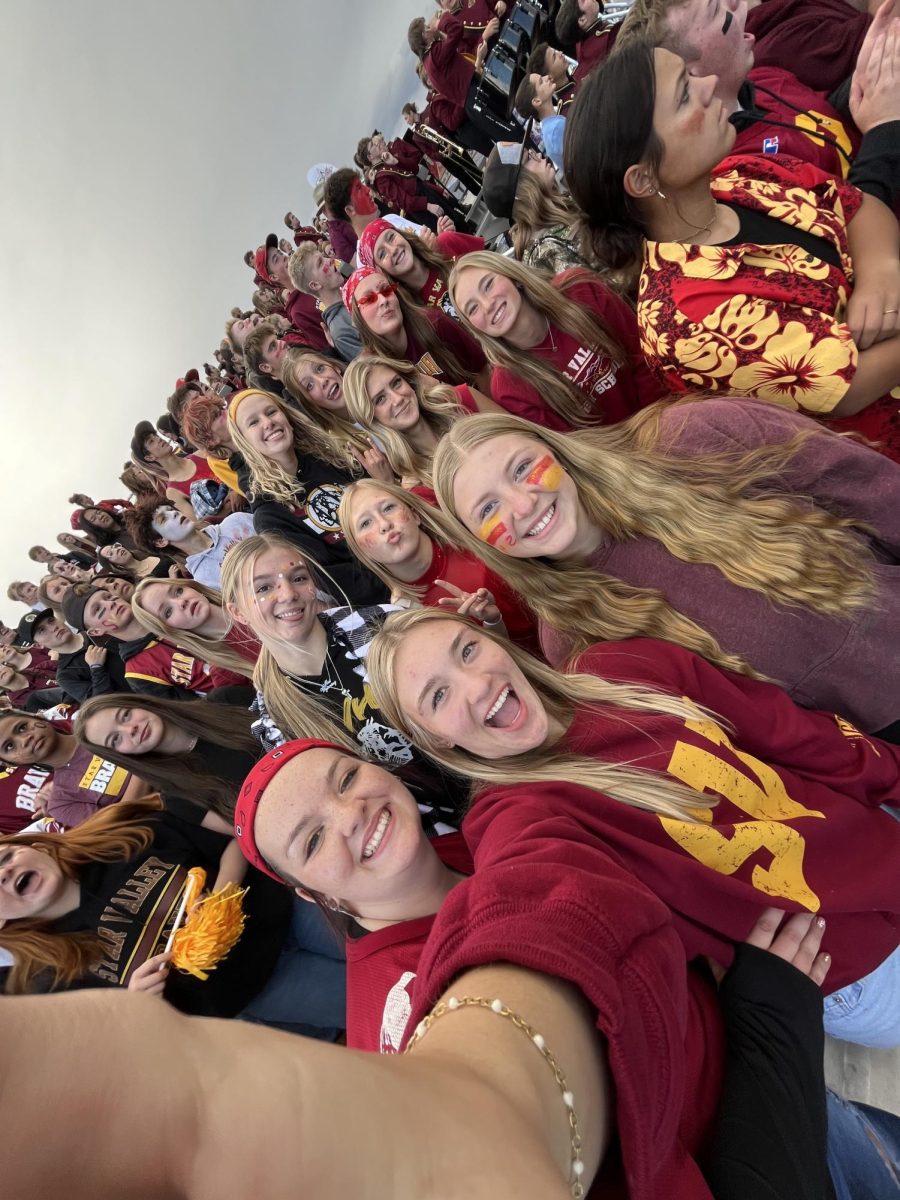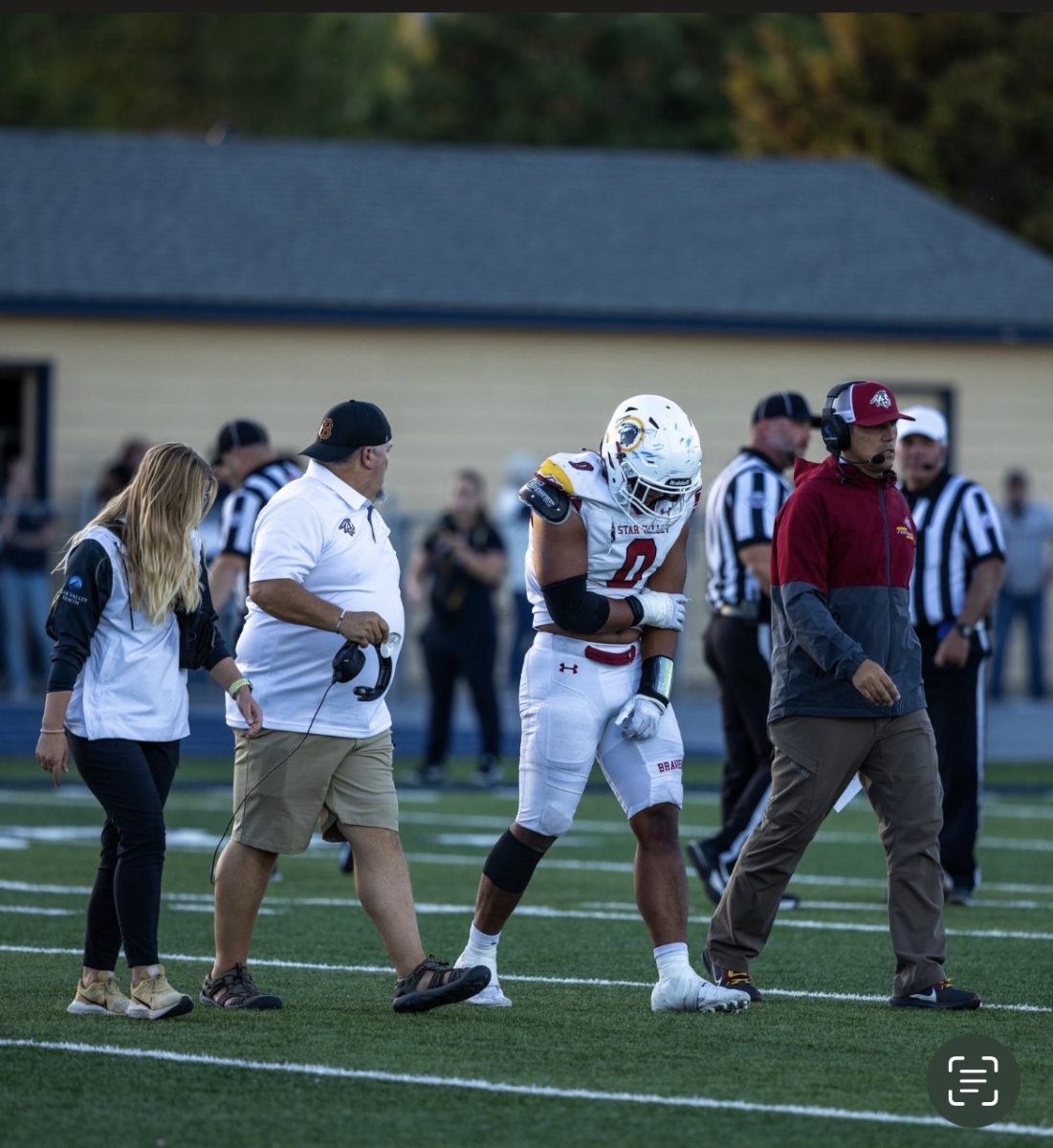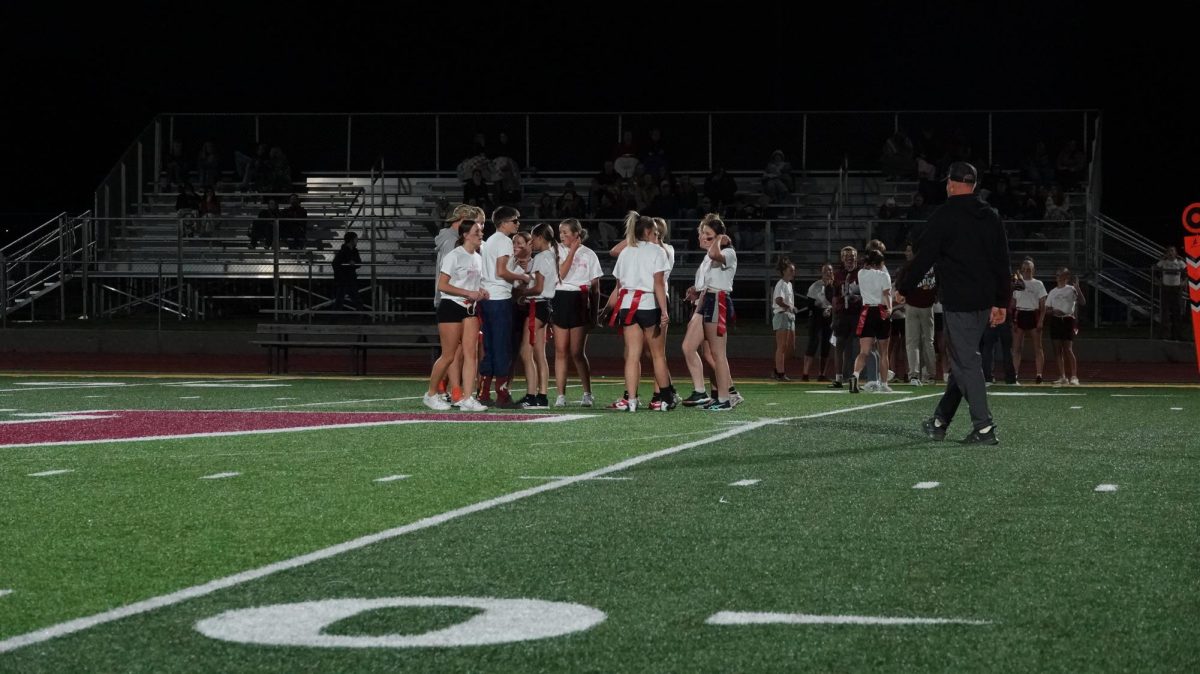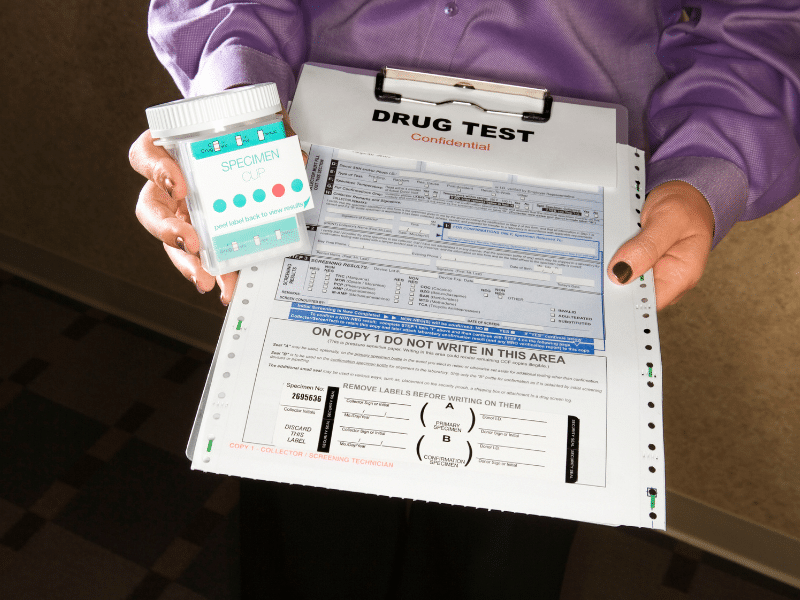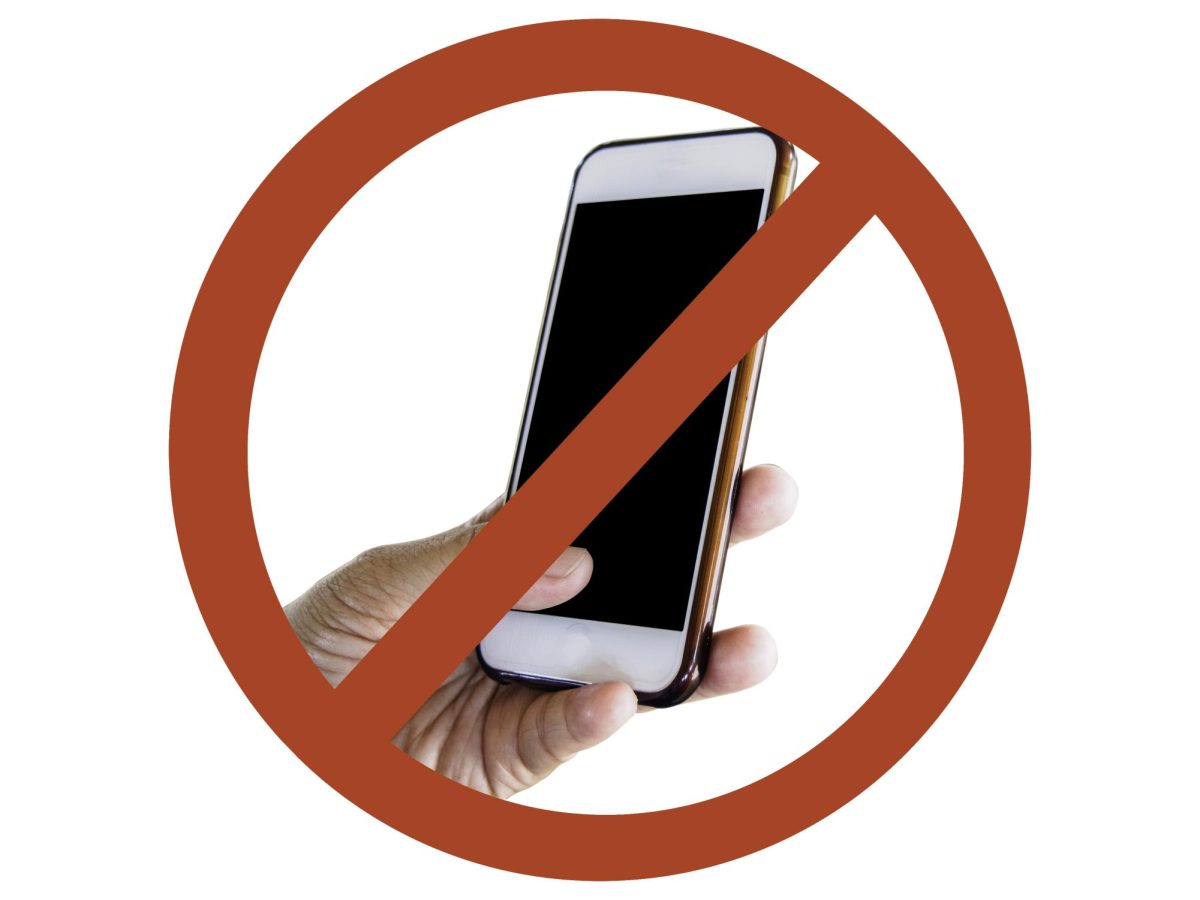The school’s cell phone policy states that from bell to bell, students are not allowed to have their phones out for any reason. From what I’ve seen, most students dislike this policy, while teachers and administrators seem to support it. I think much of this difference comes from the different perspectives students and adults have about phones. Students experience the use of phones in classrooms firsthand, while teachers only observe it. While that might make it seem like students’ views are more valid, I believe many of their opinions are shaped by bias.
Most students understand that phones can be distracting in class. Personally, I don’t have an issue with phones being completely banned during lessons. However, the way the policy is enforced feels like it goes too far. For instance, if I get out of class early and I’m just sitting in the hallway waiting for my friends before the bell rings, why can’t I use my phone? What harm does it do? I agree with banning phones during instructional time, but the level of enforcement feels more strict than necessary.
Many students also want to use their phones during free time in class. While I don’t see a major problem with that, I believe it should be up to the teacher’s discretion—just like it used to be. Personally, I don’t mind if phones are banned in class at all. It doesn’t really affect me whether I waste time on my phone or on my computer. If I’ve finished all my work, I don’t see a reason why I shouldn’t be allowed to use my phone, especially if I’m just going to do the same things on a different device.
Sophomore Colt Rapier says, “I think it’s alright. We are allowed to have our phones as long as we follow the rules, and I think this makes it a good policy.”
On the other hand, sophomore Paxton Probst strongly disagrees: “It is not a great way to limit the usage of cell phones in schools. We live in the United States, and we should reserve the right to wield our own personal devices even within a school setting. The First Amendment and the Fourth Amendment help preserve certain rights. Although cell phones may distract us, there are better ways to manage them than straight-up outlawing them in the classroom. Also, it’s extreme that the administration can take our phones. That’s way out of hand, and the process should be reconsidered.”
Overall, students have a wide range of opinions on the cell phone policy. No one seems to fully agree or disagree—most fall somewhere in the middle. My opinion is that cell phones shouldn’t be allowed during instructional time, but if I have nothing else to do, I should be allowed to use mine.


